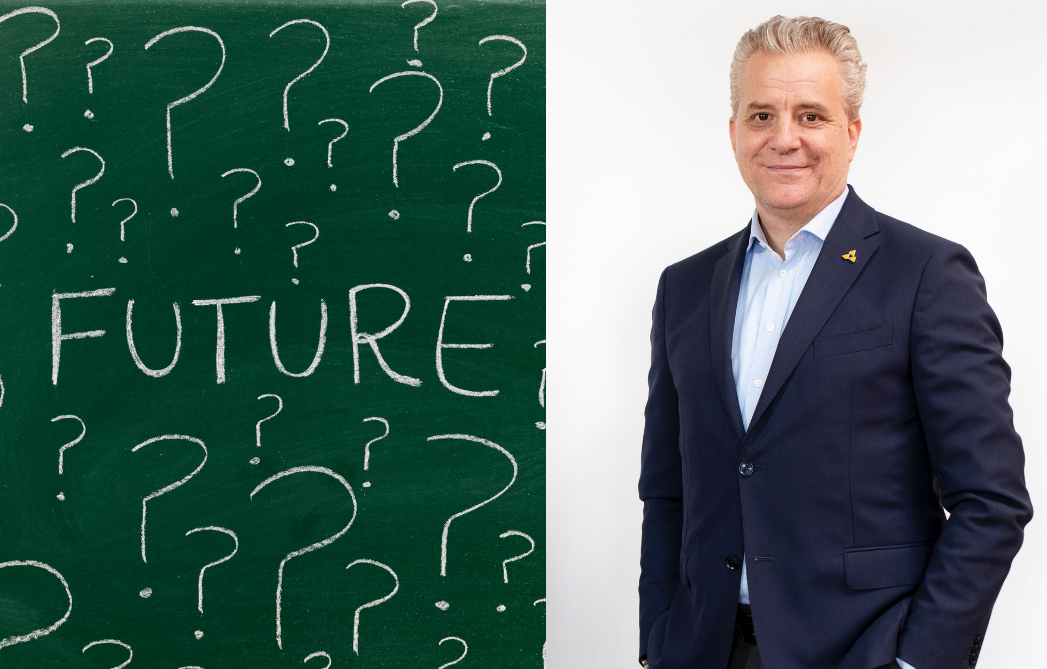
Renewing Organisations for Complex Challenges
Team virtualisation, flexible leadership and adaptation to the fragmented market are internal developments that can help companies meet the needs of the current scenario.
By Marco Quagliarella, Director of International Operations, AIM Group International
We live in an era of constant uncertainty, where geopolitical fluctuations, economic crises and technological change are shaking up the landscape of global business. These turbulent times demand unprecedented adaptability, forcing organisations to radically rethink their approaches in order to remain resilient and thrive.
Our businesses, which organise events that bring together large numbers of people on an international scale, are particularly exposed to these fluctuations, and rightly so, we have all been asking ourselves in recent years how we can learn to be more flexible, more responsive and more resilient.
In an ever-changing world, restructuring organisations has become essential to successfully address complex challenges. To deal with external uncertainty, it’s the internal change that can make the difference. Transforming organisational dynamics is the key to creating a more agile and responsive structure. Here are some of the fundamental pillars of this transformation that we are successfully experiencing across AIM Group’s international network of offices:
- Team globalisation and office virtualisation. The globalisation of teams and the virtualisation of working environments enable greater collaboration between large and diverse teams. This approach also favours the geographical diversity of teams, allowing for a broader and more creative perspective in tackling work projects.
- Hyper-technological approach. The use of advanced technological tools becomes essential. Instant file sharing, the use of collaborative platforms and the reduction of email communication promote greater efficiency and connectivity between team members.
- Flexibility and autonomy. Managers need to adopt a more flexible style, moving from traditional control-based management to supporting their staff in implementing work plans. Delegation and empowerment will be key, allowing employees to feel an integral part of the organisation’s mission, regardless of their geographical location and working methods. For example, you can provide maximum operational flexibility while maintaining rigour in defining work plans and deadlines to ensure efficient output. Managers must have the courage to break the top-down vision and stand alongside employees as those who lead the way and get their hands dirty.
- Attract new generations. To attract young talent accustomed to virtuality, flexibility and easily changing cities and jobs, companies must offer an open and flexible working environment. The demand for constant physical presence needs to be replaced by hybrid working models that combine remote work and in-office presence, offering both relational and work incentives in a clear path of human and professional growth. Talent gardening is essential not only to retain the best talent, but also to develop it.
- Talent valorisation. Talent management is no longer limited to full-time employees, but must also include specialised consultants, vertical skills and remote workers. With a clear vision and action plan shared by all members of the organisation, it will be possible to bring out the best in everyone.
- Adapting to the fragmented market. The modern marketplace is fragmented and requires an innovative approach. To meet the changing needs of clients, we must go beyond our traditional sales and product approach to offer more flexible and intelligent services and solutions, supported by technology. We need to reimagine our role with greater freedom and creativity, I dare say, to continue to walk alongside our clients with a new approach.
In a constantly evolving business landscape, organisational renewal is essential to thrive. By embracing these innovations, companies can not only survive uncertain times, but also emerge stronger, more flexible and more adaptable to future challenges.

